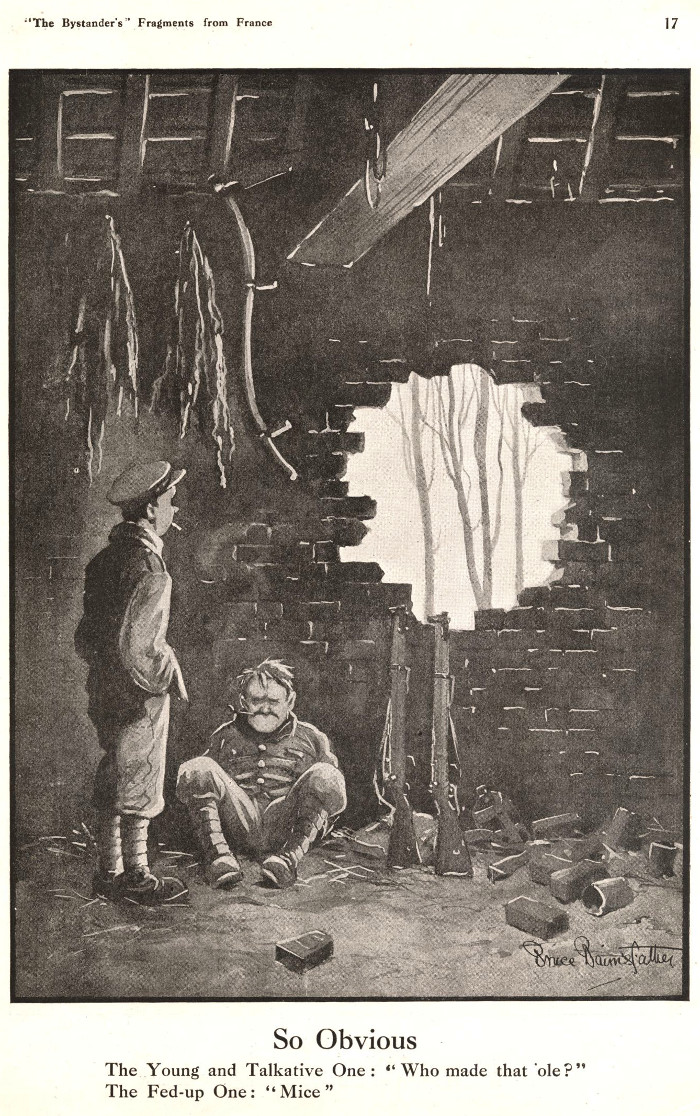Topic: RCN
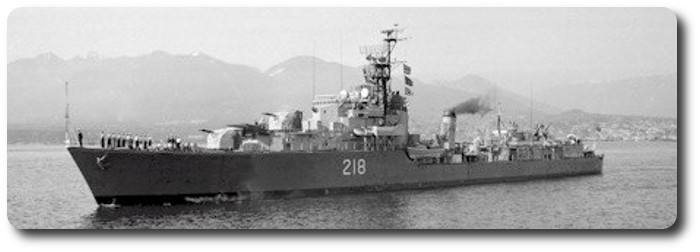
Commodore says Navy run like Private Club
Ottawa Citizen; 26 August 1963
"Commodore James Plomer launched a potentially damaging attack on the Canadian Naval establishment. In a wide-ranging, highly critical article published by Maclean's magazine on 7 September 1963, the recently retired Plomer systematically attacked the RCN's managment system, its equipment, its ability to confuct operations at seas and its personnel policies. Although Plomer's assertions were later repudiated and puiblicly shown to be self-serving, his onslaught did produce some fallout — especially in his criticism of the GP frigate program."
The Admirals: Canada's Senior Naval Leadership in the Twentieth Century, by Michael Whitby, Richard H. Gimblett, Peter Haydon; 2006
Toronto (CP)—Retired RCN Commodore James Plomer says a "self-perpetuating, self-electing" group of admirals is running the Royal Canadian Navy like a private club.
He makes the charge, and many others, in an article entitled The Gold-Braid Mind is destroying our Navy in the Sept. 7 issue of Maclean's magazine.
Commodore Plumer, former deputy naval comptroller who resigned last spring, says the navy has a fleet of ships which are "badly chosen, badly equipped and poorly manned."
"In my view, the people of Canada have been badly hoodwinked, both through press releases of the navy and through various ministers of defence, who have themselves been misinformed by their naval advisers," Commodore Plomer writes. He was formerly senior Canadian officer afloat.
"Canadian admirals have come to believe in themselves as a social institution, a marching society, a kind of Tammany Hall. Arrogantly, they believe that military law, the Naval Discipline Act and pageantry are all we need to make a modern navy."
Obsessed with Pomp
"Childish obsession with the pomp of a bygone age" was far stronger in the RCN than in any modern nanvy.
In the RCN's "parade-ground psychology," fresh paint on ships "means praise, whatever the internal shambles."
"Officers who have failed quickly under operational stress have become admirals. So have officers who dress up in sailor suits but rarely go to sea—the last admiral I worked for had been to sea less than two months since before the start of the war."
The admirals manipulated appointments "with all the underhandedness of a bungling, devitalized Mafia—but more gorgeously attired."
Commodore Plomer says morale is so low in the RCN, ships are unable to function effectively and many vessels break down during exercises.
He says he doesn't know of a single case where a commanding officer has faced a board of inquiry for even the grossest neglect of his ship.
He has made repeated representations to three admirals and two chiefs of naval staff on the condition of ships.
Reports Ignored
"My reports have been either politely or rudely ignored."
The admirals "have for years demonstrated an unholy genius for buying the wrong equipment."
The aircraft carrier Bonaventure was too slow, was not designed for the North Atlantic, had "obsolete" anti-aircraft guns and her accommodations was substandard and crowded.
It had taken six years and a "fantastic amount of money" to get three-inch destroyer guns in working order.
Commodore Plomer's charges are likely to be aired before the Commons defence committee this fall.
There was no immediate official comment from the Navy. Unofficially, it was said the charges have a kernel of truth in them but that Commodoe Plomer had overstated the case.

Commodore James Plomer, OBE, DSC*, CD
The following synopsis of Commodore Plomer's career is published at RCNVR.com:
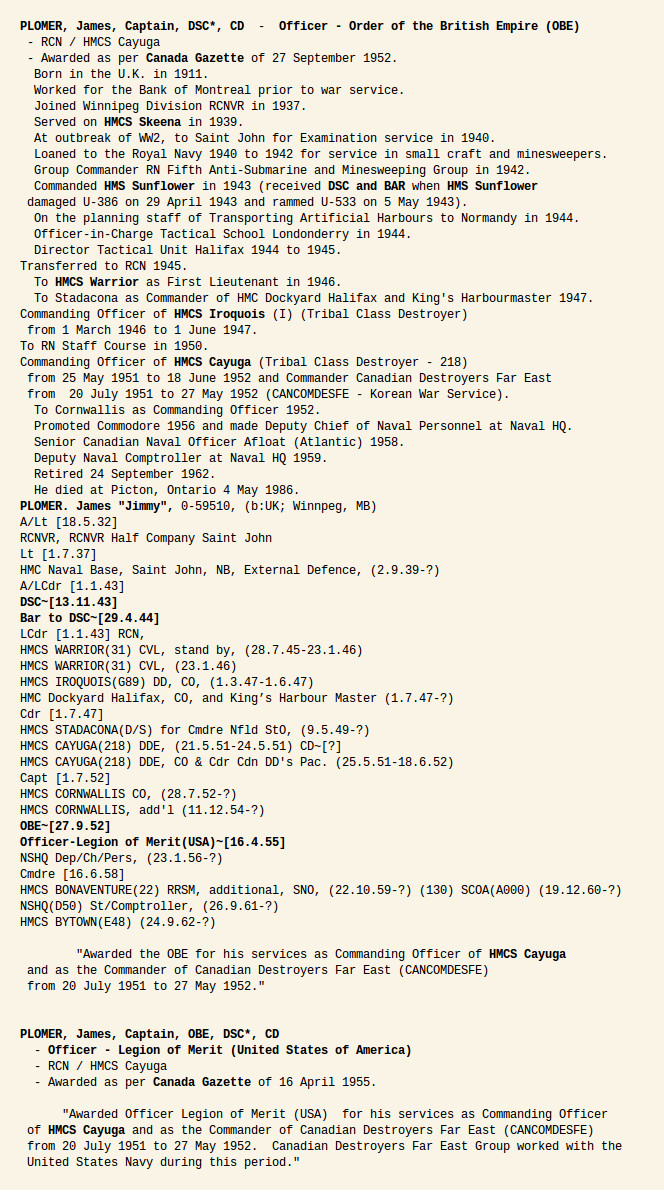



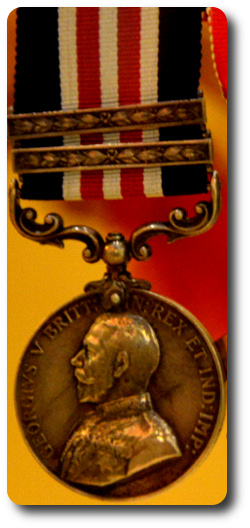 Many Canadians will have seen at least passing reference to
Many Canadians will have seen at least passing reference to 

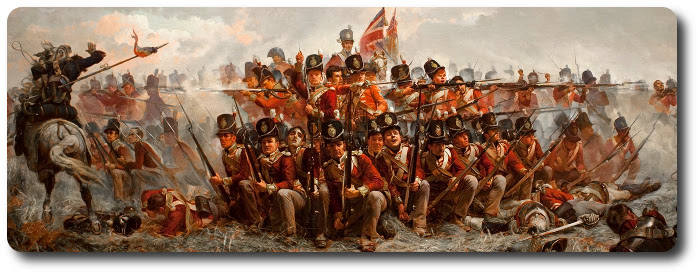
 Several reasons are urged by scientific and military experts in favour of our infantry soldiers wearing scarlet coats. In the first place, scarlet affords the best attainable protection against the extremes of heat and cold to which soldiers are liable to be exposed. The darker the color protecting a warm body, the more rapidly radiation proceeds. With reference to protection from the sun, scarlet takes a far higher place than any of the blues, greens, or drabs and other shades often used for military clothing. Although scarlet or red is more conspicuous than grey when the sun shines directly on the troops it blurs on the sight and is consequently more difficult to hit. It is a distinct advantage that our men should bulk large in the decisive stages of an encounter, and there is no color which enables them to do this so effectively as scarlet. On the whole therefore every scientific consideration justifies the retention of scarlet as the best uniform for our troops.
Several reasons are urged by scientific and military experts in favour of our infantry soldiers wearing scarlet coats. In the first place, scarlet affords the best attainable protection against the extremes of heat and cold to which soldiers are liable to be exposed. The darker the color protecting a warm body, the more rapidly radiation proceeds. With reference to protection from the sun, scarlet takes a far higher place than any of the blues, greens, or drabs and other shades often used for military clothing. Although scarlet or red is more conspicuous than grey when the sun shines directly on the troops it blurs on the sight and is consequently more difficult to hit. It is a distinct advantage that our men should bulk large in the decisive stages of an encounter, and there is no color which enables them to do this so effectively as scarlet. On the whole therefore every scientific consideration justifies the retention of scarlet as the best uniform for our troops.
 A compilation of survey and interview data led to the formulation of a list of critical behaviors for Division Commanders (and other leaders) that would best assure creation of "A Command climate that supports operational excellence ["Operating"] and also motivates competent people to continue their military service ["Improving".] They are taken from the Leader Behavior Preference (LBP) items and provide a convenient description of critical behaviors as seen by study participants. They are described as "The BIG 12":
A compilation of survey and interview data led to the formulation of a list of critical behaviors for Division Commanders (and other leaders) that would best assure creation of "A Command climate that supports operational excellence ["Operating"] and also motivates competent people to continue their military service ["Improving".] They are taken from the Leader Behavior Preference (LBP) items and provide a convenient description of critical behaviors as seen by study participants. They are described as "The BIG 12":

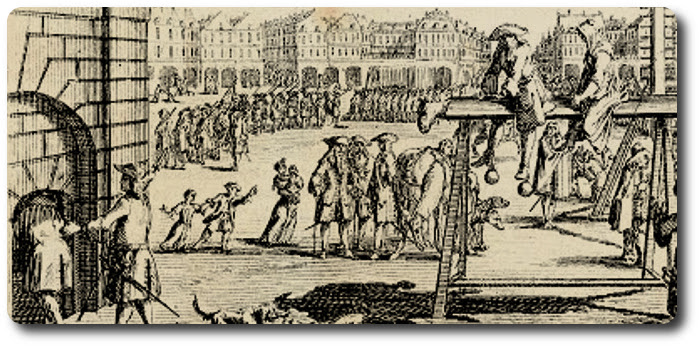


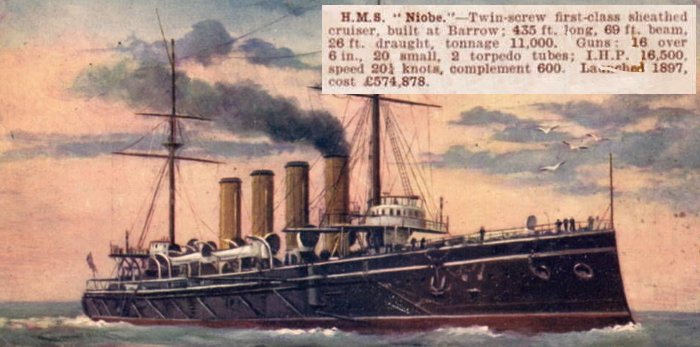
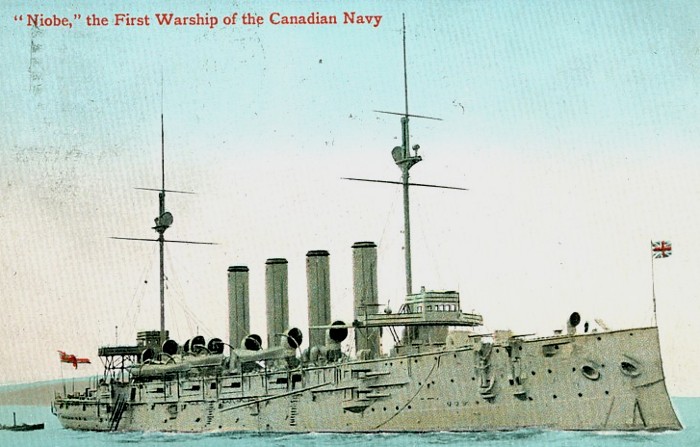

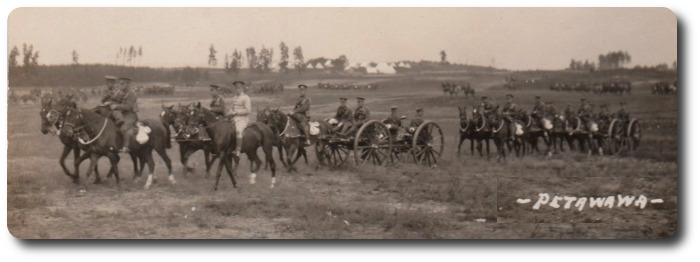
 From the
From the 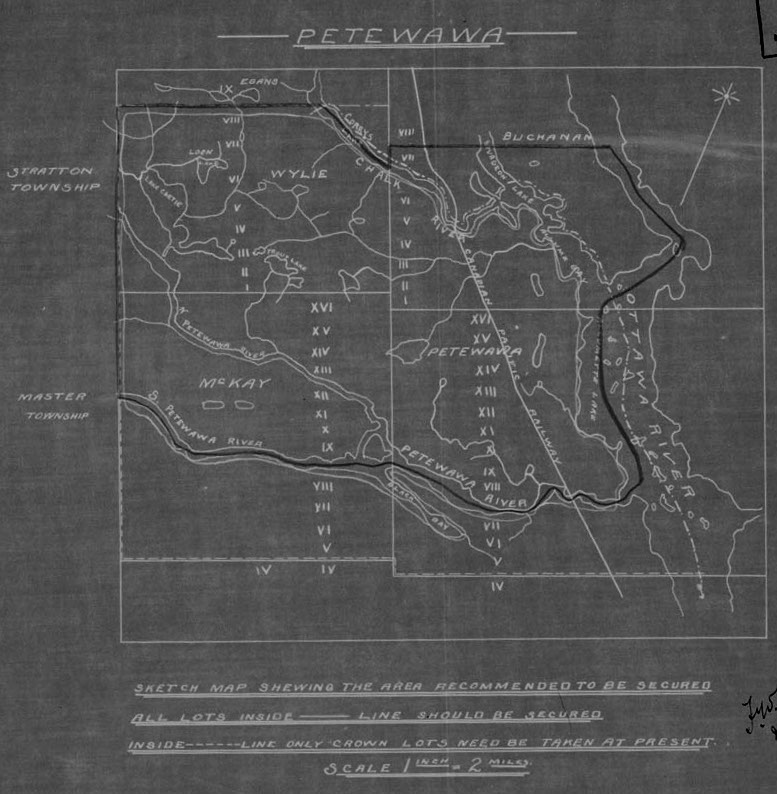

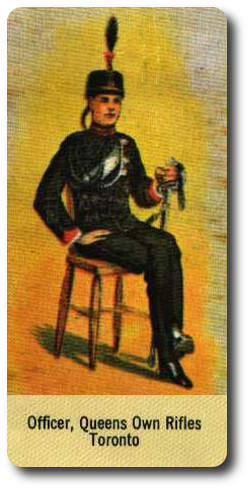 A Guide to Riflemen of
A Guide to Riflemen of 
 The jungle-covered limestone ridges [of the Dak To] took a physical toll even with-out the lung-busting effort of combat. A load for an American soldier on the move might weigh as much as fifty pounds all told. Typically, he lugged at least five hundred rounds for his M-16, loaded eighteen or nineteen to a magazine. He was issued belt pouches to carry his magazines, but he often packed some of them in canteen covers or in a cloth claymore mine bag for easier access.
The jungle-covered limestone ridges [of the Dak To] took a physical toll even with-out the lung-busting effort of combat. A load for an American soldier on the move might weigh as much as fifty pounds all told. Typically, he lugged at least five hundred rounds for his M-16, loaded eighteen or nineteen to a magazine. He was issued belt pouches to carry his magazines, but he often packed some of them in canteen covers or in a cloth claymore mine bag for easier access.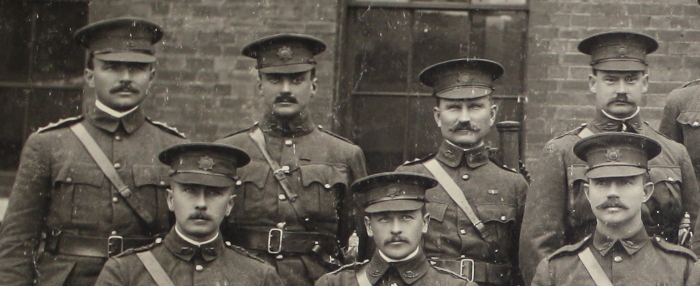

 Officers' orderlies are of very ancient origin. It would appear that
Officers' orderlies are of very ancient origin. It would appear that  In early 2012,
In early 2012, 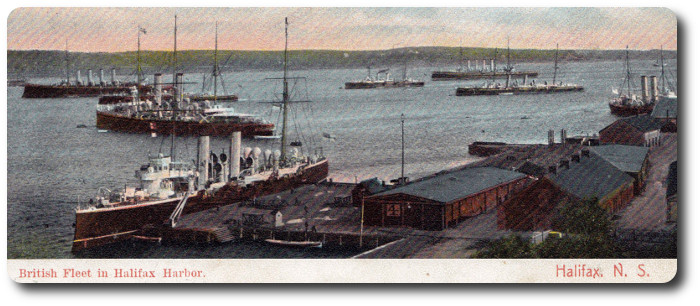
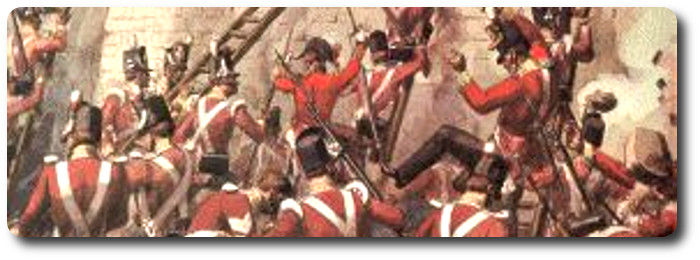
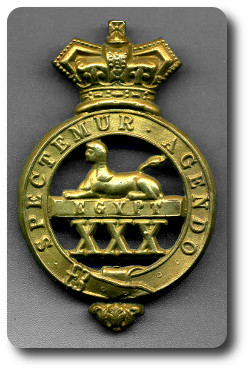 Inside the Regiment; The Officers and Men of the 30th Regiment During the Revolutionary and Napoleonic Wars, Carole Divall, 2011
Inside the Regiment; The Officers and Men of the 30th Regiment During the Revolutionary and Napoleonic Wars, Carole Divall, 2011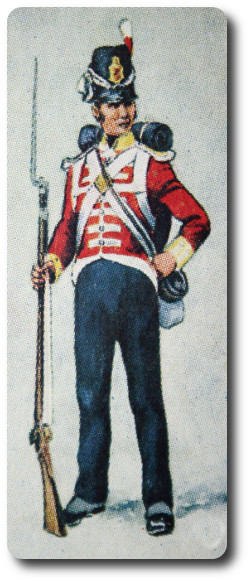 Finally, there was the question of pay, a shilling a day for the first seven years of service, rising to l/1d after seven years, and 1/2d after fourteen years. This needs to be compared with civilian rates. For example, agricultural labourers earned an average of 2/- a day, while skilled textile workers might earn as much as 4/- a day. In addition, the soldier received a penny a day as beer money, and sixpence for subsistence when on the march, twopence of which remained his after fourpence had been paid to the innkeeper who fed him. Since food, clothing and accommodation were all provided, he might well feel satisfied with his lot — were it not for the deductions the army demanded. Stoppages for necessaries, as we have seen, could amount to 1/6d a week maximum, while a further 4/7d maximum might he taken for messing expenses, including the supply of vegetables. If the full amounts were exacted, the soldier would be left with 1/6d a week, hardly a princely sum. And yet some men managed to leave a considerable sum upon their death, anything between five and ten pounds not being unusual.
Finally, there was the question of pay, a shilling a day for the first seven years of service, rising to l/1d after seven years, and 1/2d after fourteen years. This needs to be compared with civilian rates. For example, agricultural labourers earned an average of 2/- a day, while skilled textile workers might earn as much as 4/- a day. In addition, the soldier received a penny a day as beer money, and sixpence for subsistence when on the march, twopence of which remained his after fourpence had been paid to the innkeeper who fed him. Since food, clothing and accommodation were all provided, he might well feel satisfied with his lot — were it not for the deductions the army demanded. Stoppages for necessaries, as we have seen, could amount to 1/6d a week maximum, while a further 4/7d maximum might he taken for messing expenses, including the supply of vegetables. If the full amounts were exacted, the soldier would be left with 1/6d a week, hardly a princely sum. And yet some men managed to leave a considerable sum upon their death, anything between five and ten pounds not being unusual. 
 An army today is a self-contained community; it contains everything its members need for war, from bullets to blood banks. I will always remember Churchill's anger when he heard of several dentist's chairs being landed over the beaches in Normandy! But we have learnt since the 1914-18 war that by caring for a man's teeth, we keep him in the battle. The good general must not only win his battles; he must win them with a minimum of casualties and loss of life. I learnt during the 1939-45 war that four things contributed to the saving of life:
An army today is a self-contained community; it contains everything its members need for war, from bullets to blood banks. I will always remember Churchill's anger when he heard of several dentist's chairs being landed over the beaches in Normandy! But we have learnt since the 1914-18 war that by caring for a man's teeth, we keep him in the battle. The good general must not only win his battles; he must win them with a minimum of casualties and loss of life. I learnt during the 1939-45 war that four things contributed to the saving of life:
